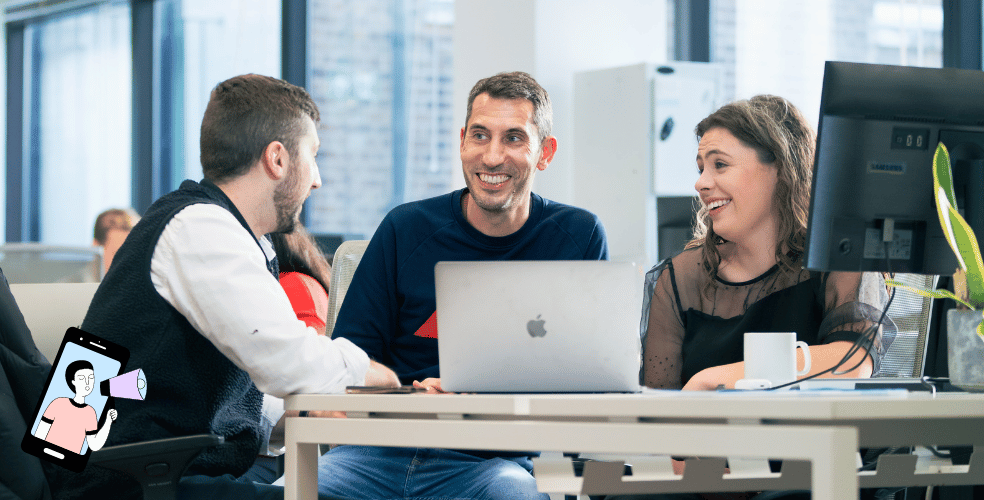For charities and non-profit organisations, analysing and interpreting data is more than just an administrative task. It’s about understanding impact, learning from past work, and making better decisions to support communities. Organisations like Tearfund, a UK-based Christian charity, regularly evaluate their projects to ensure the wise use of resources and derive valuable lessons for the future.
But in a sector often constrained by time and resources, the sheer volume of qualitative data from evaluation reports presents a significant challenge. Traditional analysis methods are usually time-consuming and labour-intensive, meaning valuable insights can remain buried in dense reports. This can limit organisational learning and the opportunity to improve future programmes strategically.
How AI can support data analysis
Artificial intelligence (AI), specifically large language models (LLMs), offers a powerful solution to this challenge, not by replacing human experts, but by acting as a supportive partner.
By viewing AI as a "co-pilot", organisations can assist in aspects of qualitative analysis, such as thematic coding, to increase efficiency and add a layer of objectivity. This frees up valuable time for human experts, allowing them to focus on nuanced interpretation and strategic thinking..
Delivering human-centred AI with Tearfund
At TPXimpact, we combine expertise in digital transformation with advanced AI to deliver tailored solutions that keep people at the heart of the process.
As part of a research project by MSc Data Science student Chuanchi Wen from the University of Sheffield, we recently partnered with Tearfund to explore how LLMs could support their annual ‘evaluation meta-synthesis,’ a crucial process for analysing project reports to aid reporting and promote organisational learning. The existing manual process of thematic analysis is labour-intensive and time-consuming.
We co-designed a human-LLM collaborative framework where AI (using GPT-4.0) assisted Tearfund’s expert coders. The AI acted as both an initial annotator to get the process started and as a validation tool to check work, with the human expert always retaining final authority.
The results, which are reported in the journal AI & Society, showed that AI could achieve a substantial agreement with human coders for identifying themes and classifying sentiment, significantly speeding up the process. More importantly, Tearfund found it to be a useful brainstorming tool that helped surface insights human coders might otherwise overlook. The project confirmed that while AI is a powerful tool, its full potential is only realised under skilled human guidance and was part of Tearfund's wider journey in understanding AI's capabilities and ethics.
Empowerment through collaboration
Human-centred AI in the charity sector is not about automation for its own sake; it’s a strategic shift that empowers organisations to unlock the true value of their information. By creating collaborative systems where AI supports human expertise, charities can turn vast datasets from repositories of past work into dynamic resources that inform the future.
We believe in turning challenges into opportunities. By working closely with our partners, we deliver solutions that improve efficiency, preserve institutional knowledge, and inspire creativity. Together, we can transform data into living resources that benefit people and communities everywhere.
If you want to explore how human-centred AI can benefit your organisation, get in touch to learn more.
Our recent insights
Transformation is for everyone. We love sharing our thoughts, approaches, learning and research all gained from the work we do.
-

Budget 2025 reveals how digital funding really works
Read insight -

What's the future for open data in the UK?
Read insight -

-


